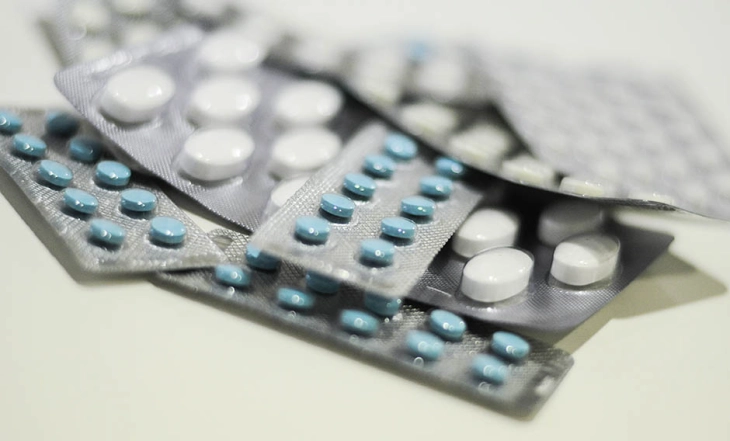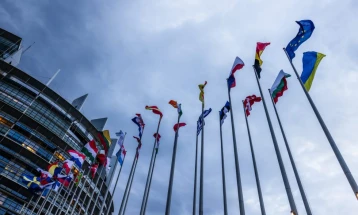EUIPO: 7% of Croatians misled into buying counterfeits

Zagreb, 8 June 2021 (Hina/MIA) — Nine percent of Europeans and seven percent of Croatians have been misled into buying counterfeit products, according to a survey released by the EU Intellectual Property Office (EUIPO) on Tuesday.
The study, entitled "European Citizens and Intellectual Property", shows that consumers find it difficult to distinguish between genuine and fake products.
Nearly one in ten Europeans claimed that they were misled into buying counterfeits, but there were considerable differences between EU member states. 19% of Bulgarians, 16% of Romanians and 15% of Hungarians said they were deceived, compared to 2% of Swedes and 3% of Danes.
Croatia was below the EU average, with 7% of its citizens saying they were misled into buying counterfeit products.
According to Eurostat, over 70% of Europeans shopped online in 2020, and uncertainty regarding counterfeit products has become a growing concern for consumer protection, the study showed.
Counterfeit products represent 6.8% of EU imports worth €121 billion and impact every sector, from cosmetics and toys, wine and beverages, electronics and clothing to pesticides and pharmaceutical products. They pose serious risks to the health and safety of citizens as they usually do not comply with quality and safety standards.
The study says that the worldwide trade in counterfeit pharmaceutical products has been estimated at €4 billion. Digital piracy also represents a highly lucrative market for infringers. Just in the area of internet protocol television (IPTV), €1 billion of unlawful revenue is generated every year by the supply and consumption of copyright-infringing digital content in the EU, harming creators and legitimate businesses.
Counterfeiting affects not only consumers, but it also causes considerable damage to the EU economy, notably small and medium enterprises (SMEs). One in four SMEs and 21.7% of SMEs in Croatia said they suffered damage on account of intellectual property rights infringement, according to the study.







